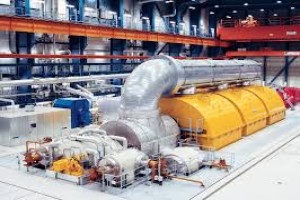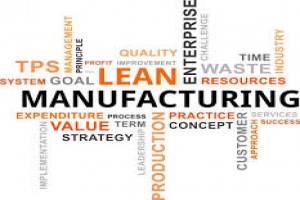Description
Date
1st Batch: 13 Mar – 15 Mar, 2025
2nd Batch: 29 May – 31 May, 2025
3rd Batch: 7 Aug – 9 Aug, 2025
4th Batch: 16 Oct – 18 Oct 2025
5th Batch: 18 Dec – 20 Dec, 2025
Event Details
Manufacturing processes offer us all commercial products used daily in our lives. Traditional manufacturing processes have sharply changed during the last twenty years and are expected to continue changing due to a number of factors that include subtractive manufacturing, environmental regulations, quantum computers and others. This course offers an overview of traditional and new manufacturing processes in a detailed way.
CONTENT
- Plastics, thermoplastics, elastomers
- Polymer chemistry
- Polymerization approaches
- Catalysts
- Properties
- Energy requirements of manufacturing processes
- Metals [ferrous and non-ferrous]
- Ceramics
- Composites
- Heat treatment
- Melting furnaces
- Mold and core making
- Casting
- Forging
- Hot and cold working of metals
- Welding
- Metal cutting
- Lathe Machine
- Drilling machine
- Milling
- Powder metallurgy
- Quality control
FOR WHOM:
Operation/Coursesion Managers, Technicians, Machine Operators, Supervisors, Directors, and others who are involved in the day to day activities in the manufacturing sector.
TRAINING METHODOLOGY
The training methodology combines lectures, discussions, group exercises and illustrations. Participants will gain both theoretical and practical knowledge of the topics. The emphasis is on the practical application of the topics and as a result participant will go back to the workplace with both the ability and the confidence to apply the techniques learned to their duties.
Manufacturing processes offer us all commercial products used daily in our lives. Traditional manufacturing processes have sharply changed during the last twenty years and are expected to continue changing due to a number of factors that include subtractive manufacturing, environmental regulations, quantum computers and others. This course offers an overview of traditional and new manufacturing processes in a detailed way.
CONTENT
- Plastics, thermoplastics, elastomers
- Polymer chemistry
- Polymerization approaches
- Catalysts
- Properties
- Energy requirements of manufacturing processes
- Metals [ferrous and non-ferrous]
- Ceramics
- Composites
- Heat treatment
- Melting furnaces
- Mold and core making
- Casting
- Forging
- Hot and cold working of metals
- Welding
- Metal cutting
- Lathe Machine
- Drilling machine
- Milling
- Powder metallurgy
- Quality control
FOR WHOM:
Operation/Coursesion Managers, Technicians, Machine Operators, Supervisors, Directors, and others who are involved in the day to day activities in the manufacturing sector.
TRAINING METHODOLOGY
The training methodology combines lectures, discussions, group exercises and illustrations. Participants will gain both theoretical and practical knowledge of the topics. The emphasis is on the practical application of the topics and as a result participant will go back to the workplace with both the ability and the confidence to apply the techniques learned to their duties.




